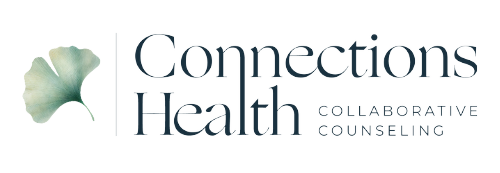As the days grow shorter and colder, many people experience changes in mood and energy levels. For some, these changes may signal Seasonal Affective Disorder (SAD), a form of depression that follows a seasonal pattern. Understanding the symptoms and treatment options is key to managing this condition.
Understanding SAD
SAD is more than just “winter blues”; it’s a legitimate mental health condition that can significantly impact daily life.
Symptoms:
- Low energy and fatigue.
- Persistent sadness or irritability.
- Difficulty concentrating.
- Changes in sleep or appetite (often craving carbohydrates).
Causes:
- Reduced exposure to sunlight disrupts the body’s internal clock and serotonin levels.
- Genetic predisposition or a history of depression can increase risk.
Effective Strategies for Managing SAD
- Light therapy: A light box mimicking natural sunlight can alleviate symptoms by regulating melatonin and serotonin production.
- Maintain physical activity: Regular exercise boosts endorphins and reduces stress.
- Stay connected: Social support is crucial; avoid isolating yourself even when it feels easier.
- Seek professional help: Therapy, particularly cognitive-behavioral therapy (CBT), can provide coping mechanisms for SAD. At times, medication can also be useful.
Connections Health Support
At Connections Health, we offer therapy and resources tailored to individuals experiencing SAD. Our team can guide you through treatment options, including therapy and lifestyle adjustments, to help you feel like yourself again.
Related Articles
Attending college is a time of self-discovery, growth, and new experiences. But for many, the transition comes with emotional and psychological challenges - ones that can quietly build beneath the surface. One of the most common and misunderstood among them is depression. In a 2021–2022 survey of over 130 U.S. college campuses, 44% of students [...]
Each October, we observe LGBT History Month—a time to honor the courage, resilience, and impact of LGBTQIA+ individuals throughout history. National Coming Out Day reminds us that living openly can be both powerful and vulnerable—and that no one should have to navigate that journey alone. Our team offers affirming mental health support for LGBTQIA+ individuals, [...]
A new academic year often brings a mix of emotions: hope, excitement, uncertainty, and sometimes, anxiety. Whether you’re starting college at Northwestern University or returning to another college in Chicago, it’s common to feel overwhelmed as expectations, social pressures, and responsibilities begin to pile up. At Connections Health, we work with many students—undergraduates, graduate students, [...]






